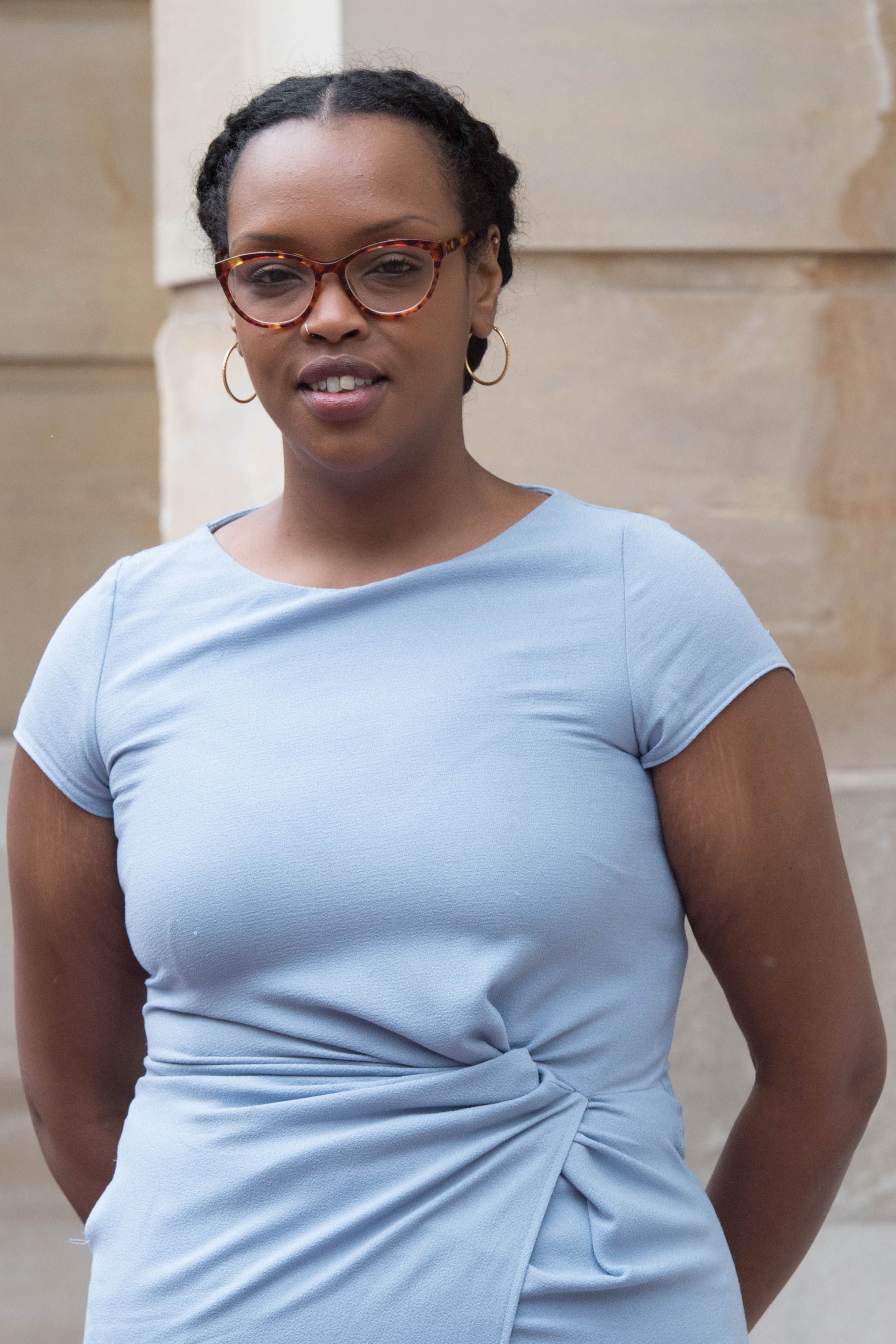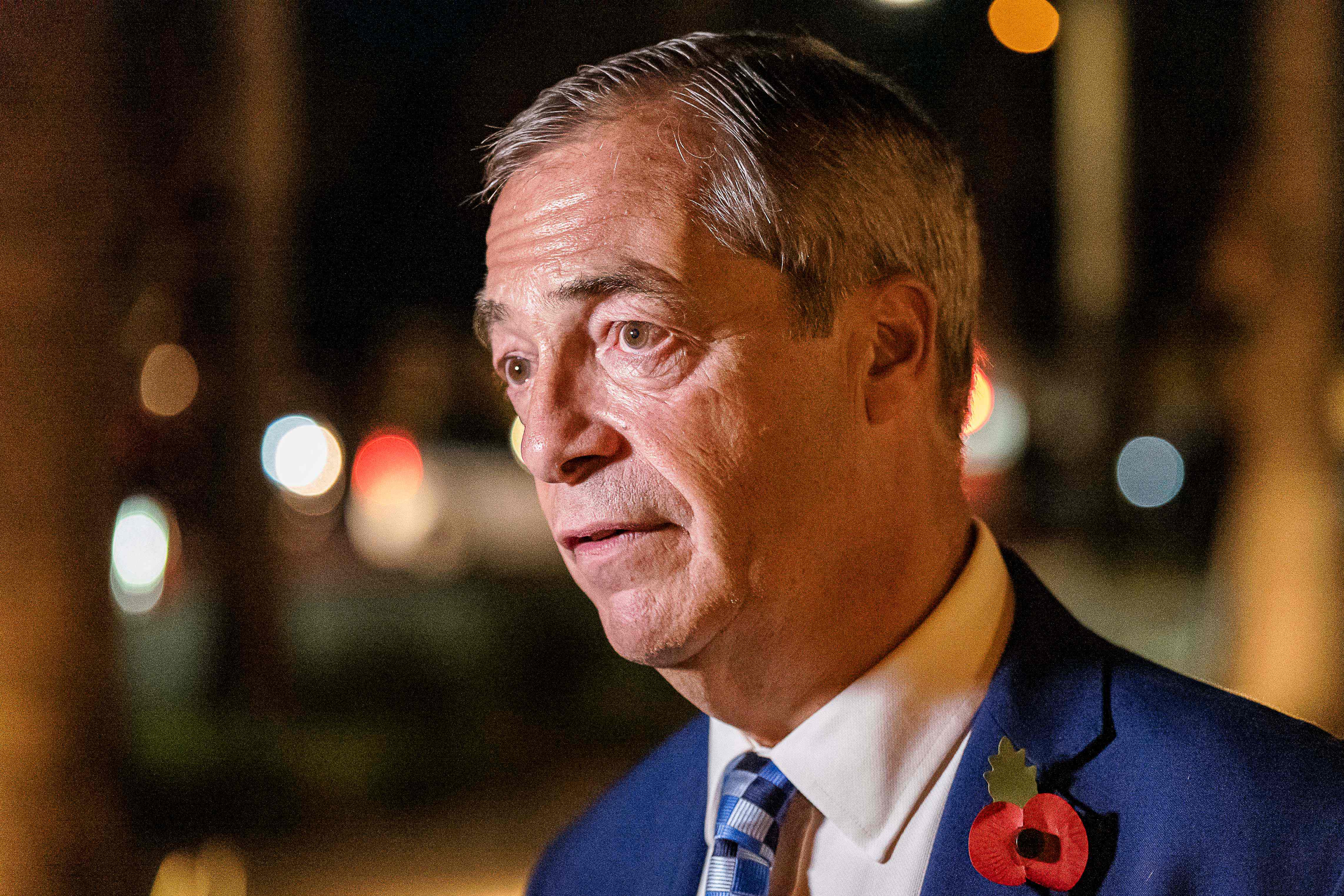Suella Braverman’s rhetoric is ‘normalising’ the politics of Farage, former adviser alleges
Ex-advisor contrasts Priti Patel’s ‘compassion’ with Suella Braverman’s ‘vindictiveness’
Home secretary Suella Braverman’s “crazy rhetoric” on immigration is fuelling racism and “normalising” the politics of Nigel Farage, an outgoing senior Home Office aide has alleged.
Nimco Ali, a campaigner against female genital mutilation (FGM) who moved to Britain from Somalia as a child refugee, was appointed as an adviser on tackling violence against women by home secretary Priti Patel in October 2020.
But Ms Ali effectively quit her government role live on-air last week, describing herself as on a “completely different planet” from current home secretary Ms Braverman.
The departing advisor is now warning that Ms Truss’s successor Rishi Sunak is “not going to win [the next general election] with Suella as his home secretary”
“She’s basically feeding into this Nigel Farage stuff ... and when you start to normalise these things it’s really hard to put it back in its box,” Ms Ali told The Sunday Times.
“When you have your home secretary speaking the way she is speaking and being cheered, that is problematic, especially when you’re the first man of colour to be prime minister.”
“I don’t know why your ambition is to put people on a flight to Rwanda and get rid of human rights,” Ms Ali said of the home secretary. “You are a woman of colour. I can understand when white able-bodied men say it, but you? Even talking about it now makes me anxious.”

Ms Ali said she saw clear links between this type of “crazy rhetoric” and the sort of racist abuse she personally endured during two incidents in London two summers ago, during the Euro 2020 tournament.
After having “never really experienced racism” overtly during a decade of living in London, Ms Ali was subjected to racist slurs during an argument at a bar while watching an England match, and endured a similar tirade just weeks later.
“I thought, what is actually going on? Why are people thinking it’s okay to be so openly racist?”
Asked by the paper if she believed Ms Braverman’s language was helping to fuel such incidents, she said: “100 per cent. It’s legitimising it. When somebody like her says it, you think, you’re still talking about people of your own heritage to a certain extent but you’re also normalising the Nigel Farages.”

A source close to Ms Braverman told the Sunday Times: “It’s the home secretary’s duty to be honest with the British people about the scale of the crisis we’re facing on the south coast with the small boats crisis. She makes no apologies for that.”
Ms Braverman and the Home Office have been approached for comment.
Elsewhere in the interview, Ms Ali claimed that former Metropolitan Police Commissioner, Dame Cressida Dick, had complained at a high-level meeting of ministers chaired by Mr Johnson that the government’s response to the kidnap, rape and murder of Sarah Everard by officer Wayne Couzens had been “over the top”.
Alleging that Ms Dick’s “first words were ‘this has been blown out of proportion’”, Ms Ali claimed she “will never forgive” the ex-Scotland Yard chief “for that flippancy”.
Dame Cressida told the paper: “I did not make those comments and it is not language I would ever use. I entirely supported every effort the government was making at that time, giving advice and taking action in the Met. Throughout my service I sought to reduce violence against women and girls.”
Join our commenting forum
Join thought-provoking conversations, follow other Independent readers and see their replies
Comments



Bookmark popover
Removed from bookmarks